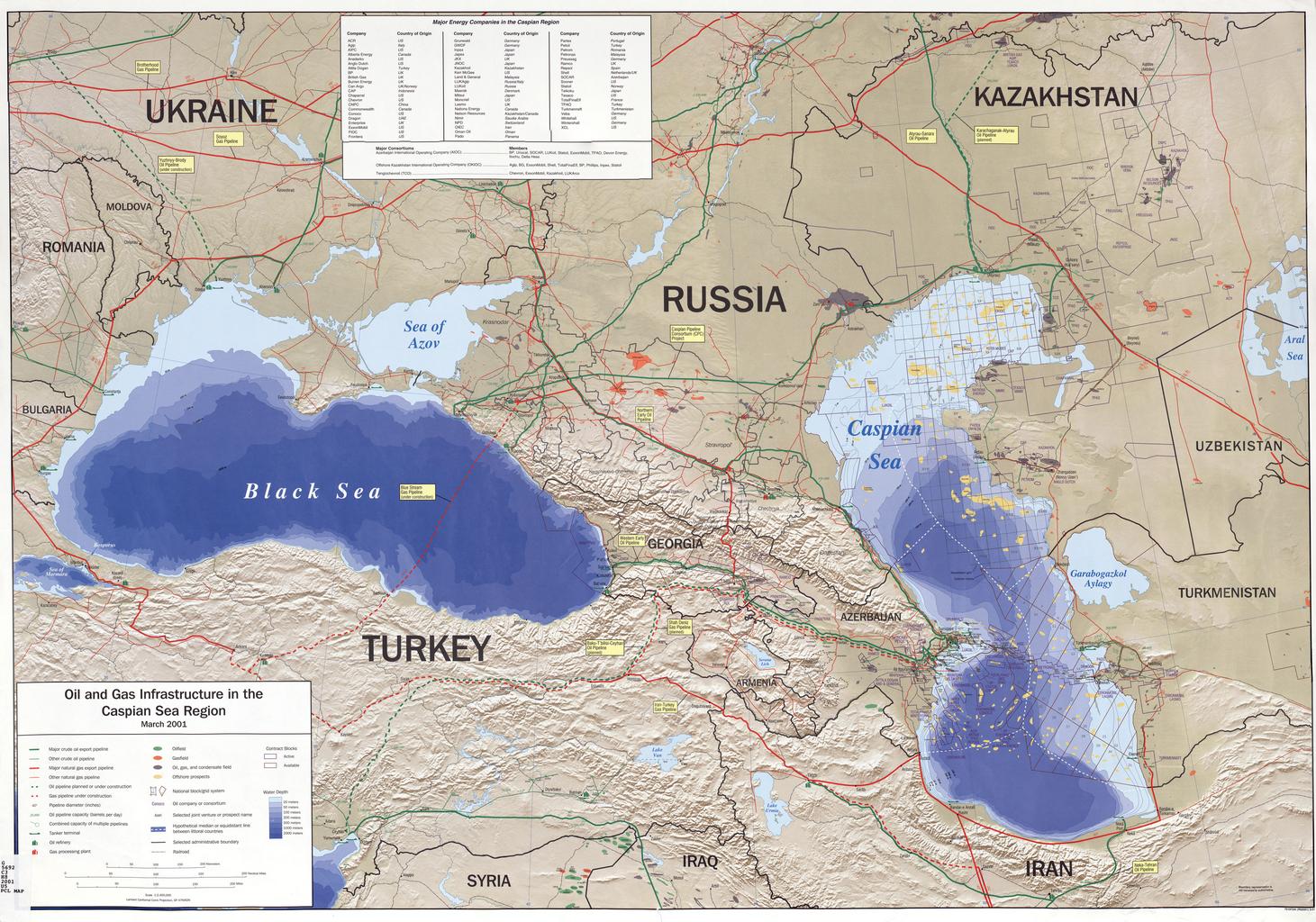Legally due to its size and isolation the caspian sea is considered neither a sea nor a lake this has led to issues of claim between its bordering nations as there is no precedent set for a similar body of water

Legally, Due to Its Size and Isolation, the Caspian Sea is Considered Neither a Sea nor a Lake

The Caspian Sea, bordered by Azerbaijan, Iran, Kazakhstan, Russia, and Turkmenistan, is a fascinating body of water that defies traditional classification. Unlike other seas and lakes, the Caspian Sea possesses unique characteristics that have led to a legal conundrum regarding its classification. In this article, we delve into the reasons behind this unusual status and explore the complexities it has brought to the borders of the Caspian Sea.
The Ambiguous Definition

Legally, the Caspian Sea finds itself in a peculiar position. Its immense size, coupled with its geographical isolation, has made it challenging to fit any existing classifications. While it shares similarities with traditional seas, such as containing saltwater and being vast in size, it also possesses unique attributes found in lakes.
The Caspian Sea spans an astonishing 371,000 square kilometers, making it the largest enclosed body of water on Earth. However, its remote location, surrounded by land on all sides, presents a significant deviation from traditional sea characteristics. Consequently, this exceptional combination of features has perplexed legal experts and international organizations alike when defining its status.
The Legal Implications
The absence of a definitive classification for the Caspian Sea has given rise to numerous complexities and disputes between the nations bordering it. Unlike seas, which are classified as international waters, or lakes, which are usually under the jurisdiction of a single nation, the Caspian Sea remains in a legal gray area. The inability to categorize the Caspian Sea has led to uncertainties concerning the ownership and exploitation of its abundant natural resources, including oil and gas reserves.
Without a standardized precedent for a body of water with characteristics like the Caspian Sea, determining the maritime boundaries becomes a challenging task. Each bordering country seeks to protect its interests, often leading to conflicting claims and potential sources of tension. As a result, countries like Azerbaijan, Iran, Kazakhstan, Russia, and Turkmenistan have engaged in negotiations and spent considerable effort to find a mutually acceptable solution.
The Search for an Agreement
Recognizing the importance of resolving the border disputes and maximizing the potential benefits from the Caspian Sea, the five bordering nations have made significant progress in recent years. In 2018, after more than two decades of deliberation, the Caspian Convention was signed.
The Caspian Convention established a legal framework for the management and exploitation of the Caspian Sea’s resources. It grants each country a defined portion of the sea, considering its overall size and coastline length. This agreement enables the nations to enhance cooperation and eliminate potential conflicts, ensuring a more stable and prosperous Caspian region.
However, despite the agreement, challenges remain. The unique characteristics of the Caspian Sea continue to pose complexities, particularly in areas such as environmental preservation, fishing rights, and transportation routes. Ongoing dialogue and cooperation among the bordering nations are crucial to addressing these challenges effectively.
In conclusion, the legal classification of the Caspian Sea, neither a sea nor a lake, has created a complex situation for its bordering nations. The absence of an established precedent for such a body of water has led to ongoing disputes and challenges concerning ownership and exploitation rights. However, through international agreements and ongoing cooperation, the nations surrounding the Caspian Sea are working towards a sustainable resolution that will promote stability and prosperity in the region.
Related Posts
Quick Links
Legal Stuff

